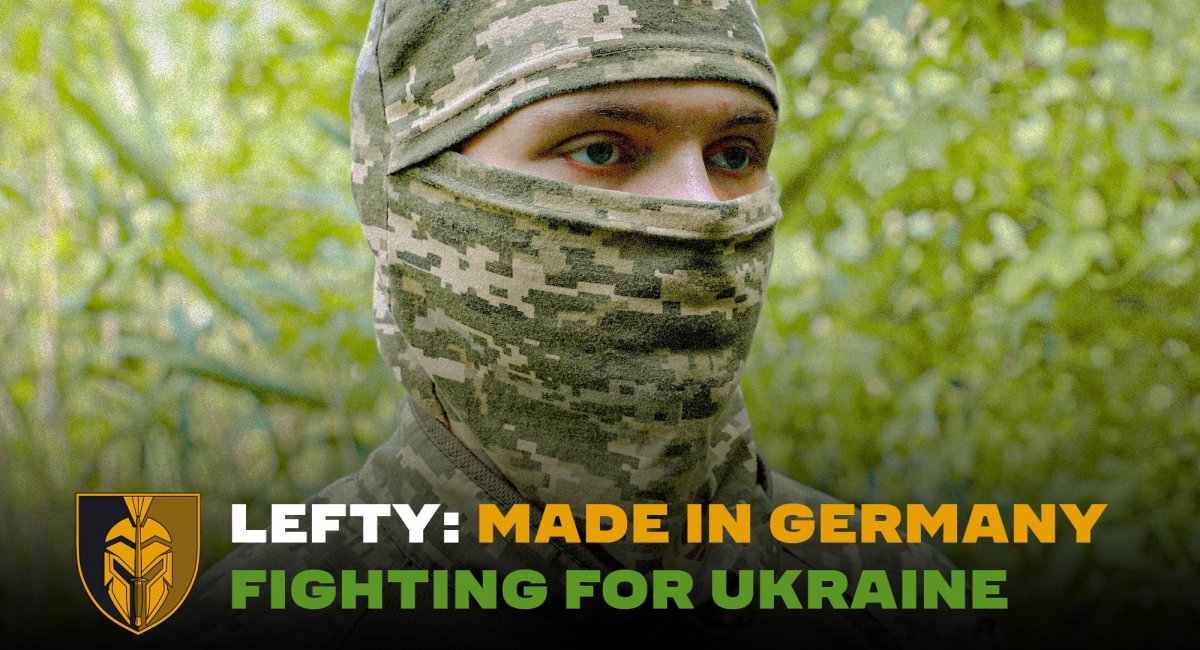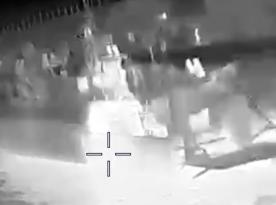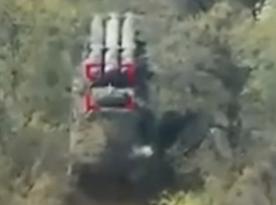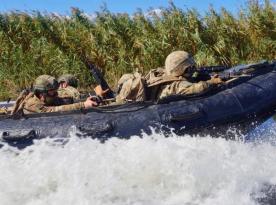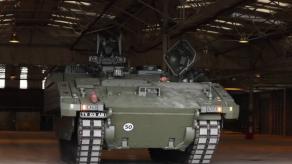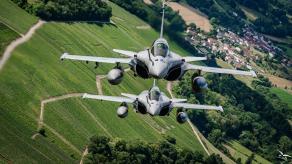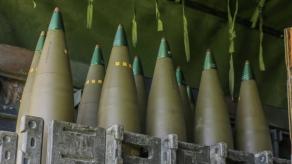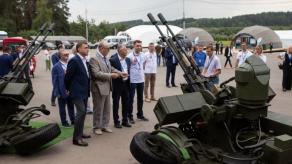When the young German visited Ukraine in 2023 and saw the reality with his own eyes, he couldn’t just stand by — he knew he had to act. Shortly after turning 19, he joined the 1st International Legion for the Defense of Ukraine, determined to help in the most meaningful way he could:
“I was already in good physical shape, and coming from a military family — my father and grandfather both served — I had always wanted to become a soldier myself. I felt it was better to channel that drive into defending Europe, freedom, and innocent people, rather than just sitting in a military force not engaged in active combat.”
Read more: UAV Unit of the International Legion for the Defense of Ukraine Hits russian Invaders
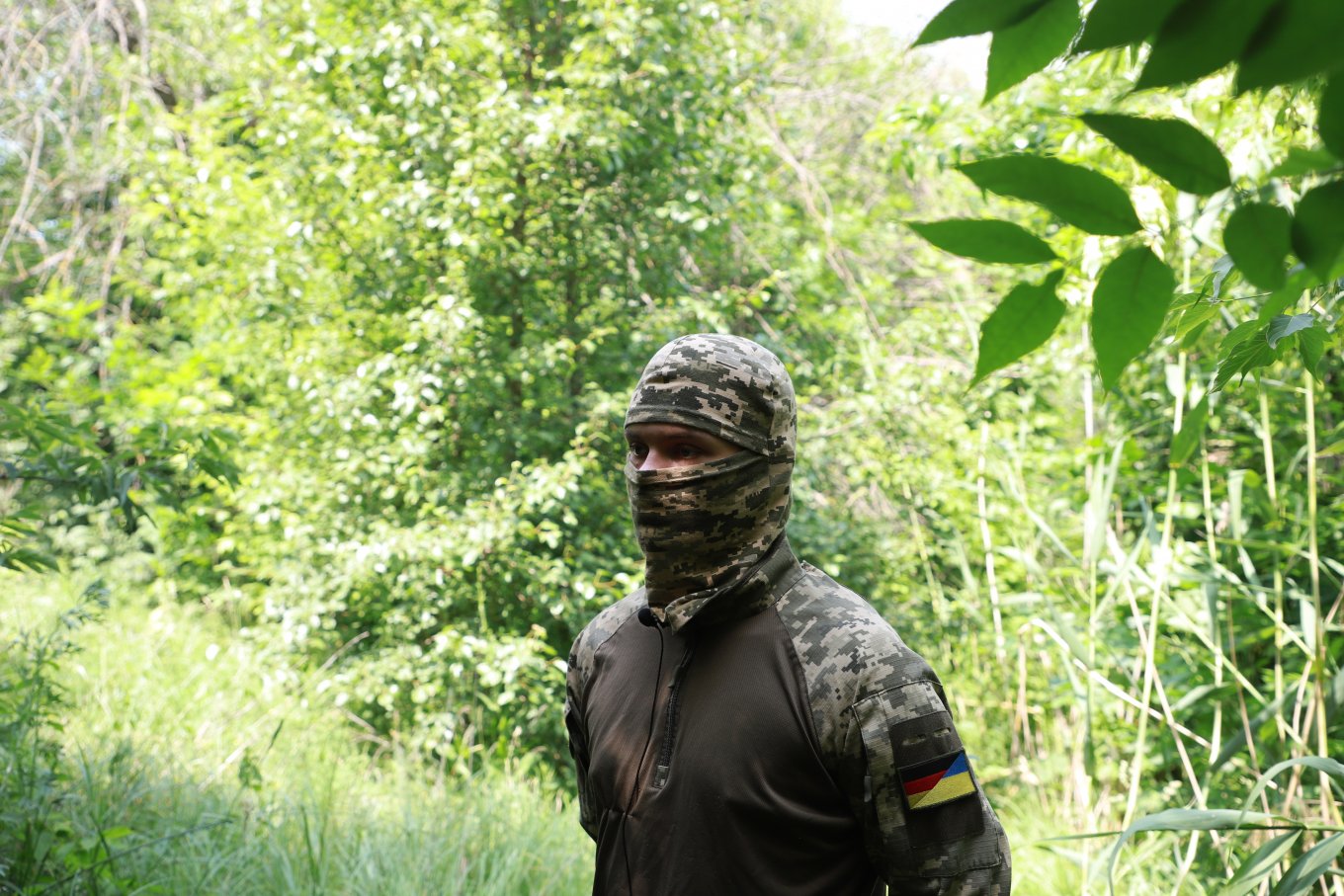
After basic training, Lefty was deployed straight to Toretsk — one of the front’s deadliest zones. It was a harsh baptism by fire. He’s been on the line ever since and now fights in the Kharkiv region, where the battles rage on. Along the way, he’s gained plenty of combat experience — some moments etched deeper than others:
“One of my battle buddies once fired an RPG from inside our position straight into the russian position — through our window and right through their door. It was an incredible shot.”
Being out in the field as an infantry soldier is a tough job. These days, with drones in the sky, relentless artillery, and russian infantry on the ground, the fighting is more brutal than ever. But Lefty truly loves what he does — because he can see the impact of his work:
“I can see that I’m helping — and that makes it a lot easier. The people I’m surrounded by also make a big difference. Overall, the job itself is hard, but it’s not hard to do when you have the right people around you.”
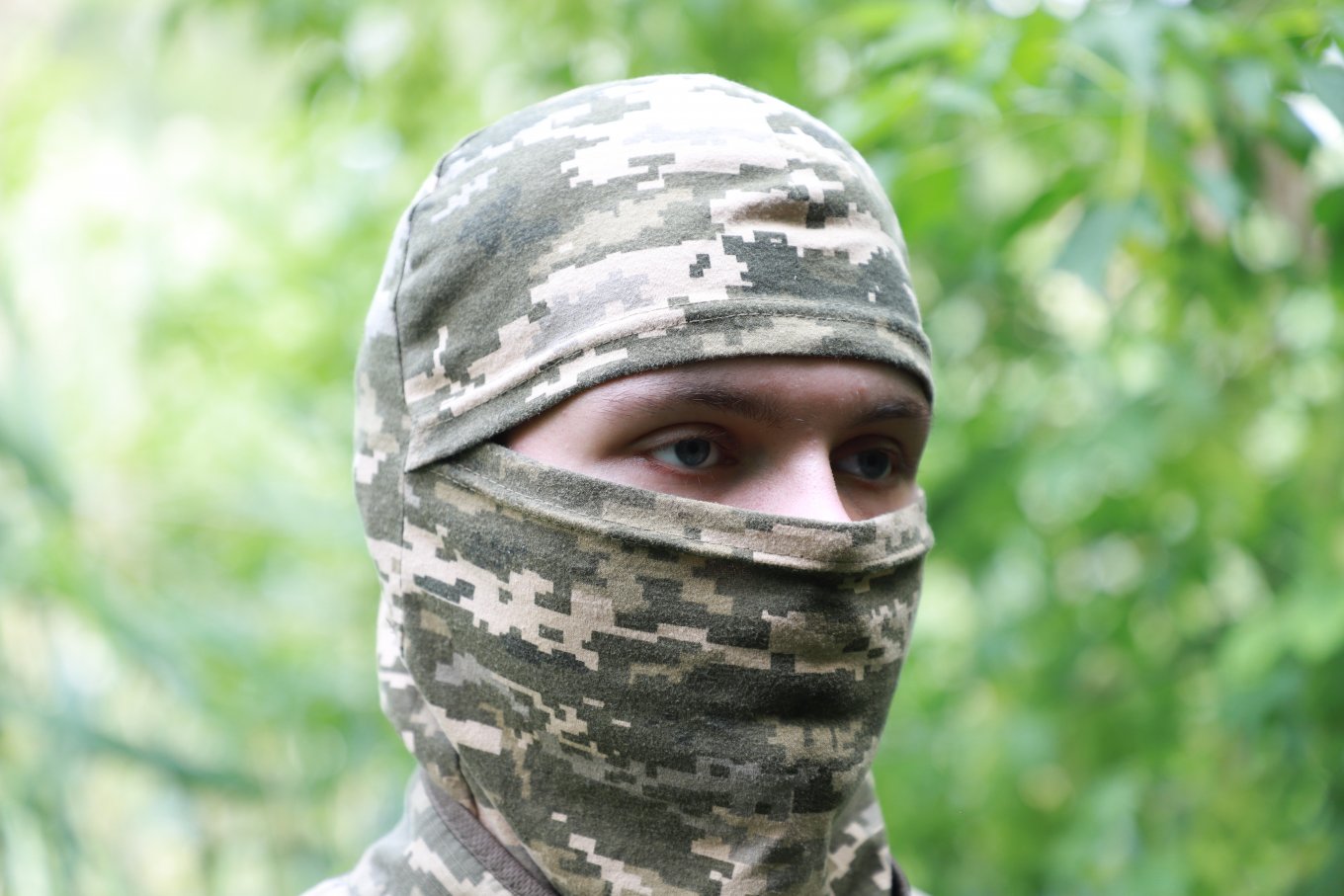
Growing up in Germany, Lefty formed connections with many Ukrainians over there. Because of that, the war has never been just a remote headline to him — he had known about it since 2014 and followed it closely. Still, Lefty's story is not a typical case among Germans, many of whom have remained indifferent, even after the full-scale russian invasion in 2022:
“A lot of people in Germany feel distant from this war, so they don’t really understand it. Many of them think I’m a bit crazy for being here. But overall, they’re supportive and respectful, even if they can’t fully relate to what it’s like.”
While Lefty comes from a military family, his mum is a deeply peaceful person — she dislikes war and everything connected to it. And understandably so: no mother would willingly send her child into battle, even not as fierce as the russian aggression against Ukraine:
“Still, my mother believes it’s a good thing that I’m here. This job involves a wide range of responsibilities, and she especially appreciates the humanitarian side of it — supporting civilians and treating wounded soldiers. Both my mother and my father support me being here, I’m truly grateful to have the backing of my family.”
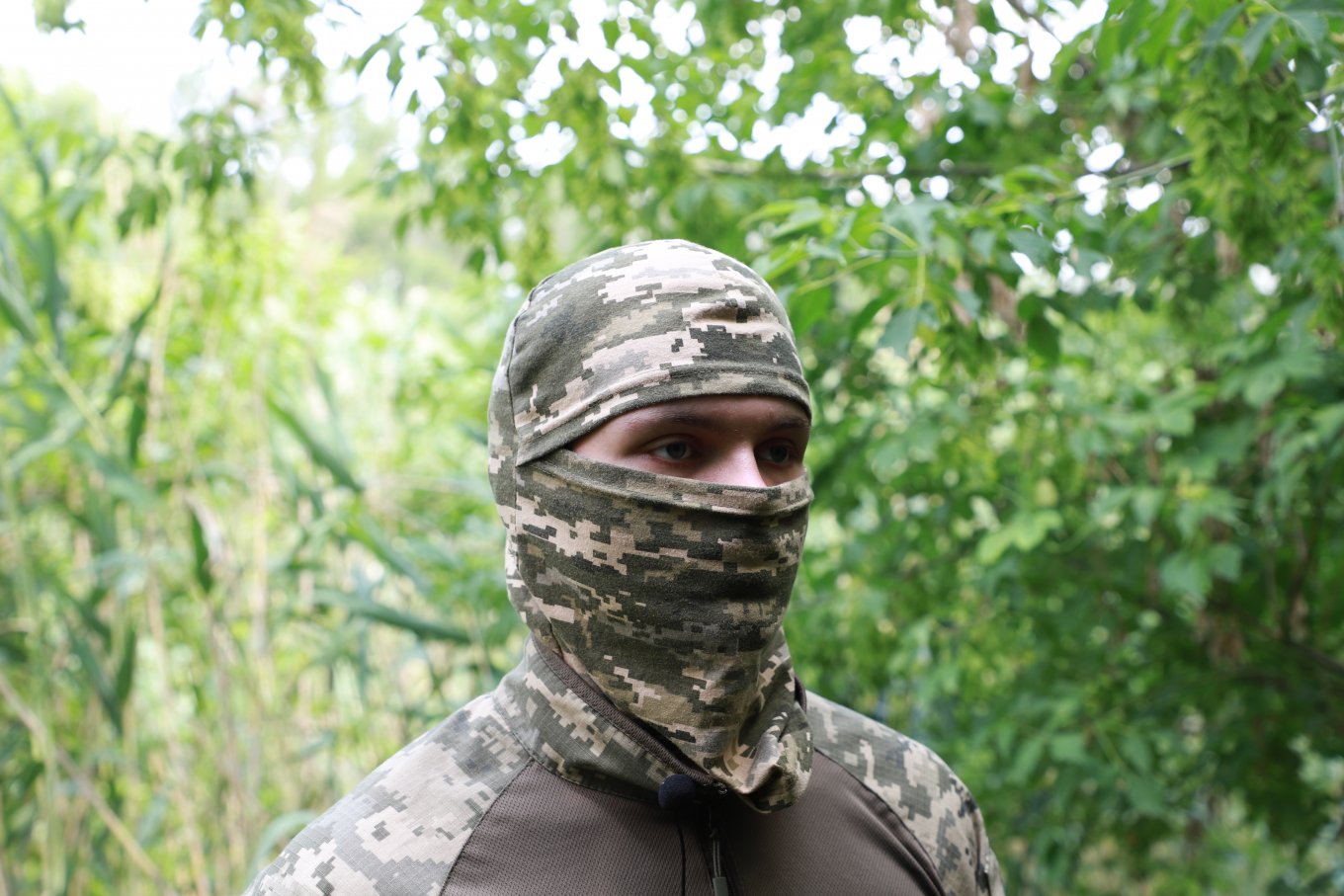
Carrying a family military legacy to the frontlines against russia, Lefty came to Ukraine quite ready for real combat. Now, with battle experience behind him, he shares hard-edged advice for aspiring legionnaires — tips that can keep them alive and help destroy the enemy:
“I would definitely say: prepare yourself physically — especially when it comes to endurance and strength. Don’t just focus on lifting weights. Practice carrying people, carrying gear, and work on your grip strength. Strengthen your lower body, especially your legs. Go on ruck marches. Walk a lot.
But just as important is preparing yourself mentally. You need to truly understand what you’re signing up for. After all, this is war. There’s always a possibility of getting injured or even killed. You have to be ready for that mentally.”
Being an infantryman in Ukraine is a very versatile job. But as Lefty puts it, that’s exactly what makes it so interesting. To do the job well, you’ll have to take on many different roles – one of them is handling casualties. So getting at least basic medical training before coming here is essential:
“On the front line, you end up doing a lot of medical work. It’s one of the main tasks of an infantry soldier. There are injured people everywhere — not only Ukrainian soldiers, but sometimes civilians as well. For me personally, the medical training I had before coming here has helped a lot.”
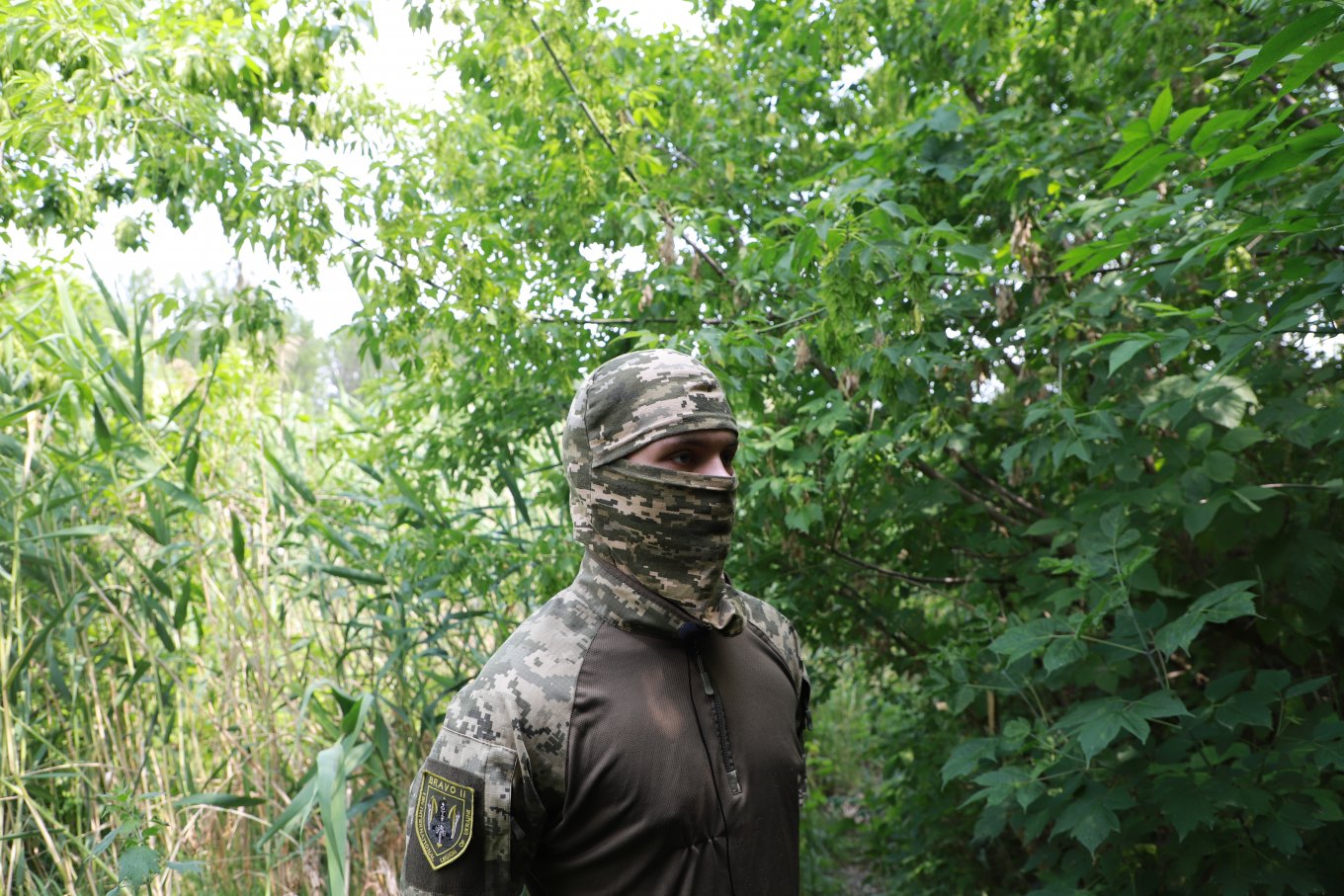
You’ll also need a sharp set of skills — from quick land navigation amid the chaos of combat to operating vehicles and mastering a full spectrum of arms:
“I’ve trained on a wide range of weapons, but I mainly use an M4A1 fitted with an M320 grenade-launcher module — an American setup I’m most comfortable with. I’ve also been trained on the AK rifles, which are simple and reliable, and on various machine guns.”
Lefty is a natural-born soldier who truly enjoys the army life. He sees his future in the military, growing as a professional warrior alongside his brothers-in-arms. Of course, planning for the future when you’re fighting in the deadliest war in Europe since World War II is quite a futile thing. Still, Lefty is sure that he’s going to stay until the ultimate victory:
“I’ll remain here no matter what — until I die, get wounded beyond the point where I can contribute, or the war ends. There’s simply no other way I would stop fighting.”
Learn more about the International Legions for the Defense of Ukraine and find out how to join here: https://ildu.mil.gov.ua/
Text: Dmytro Tolkachov
Photos & Video: Volodymyr Patola
Video Editing: Oleksandr Los
Read more: Experience of Ukraine's International Legions in Using Smoothbore Rifles on Modern Battlefield




